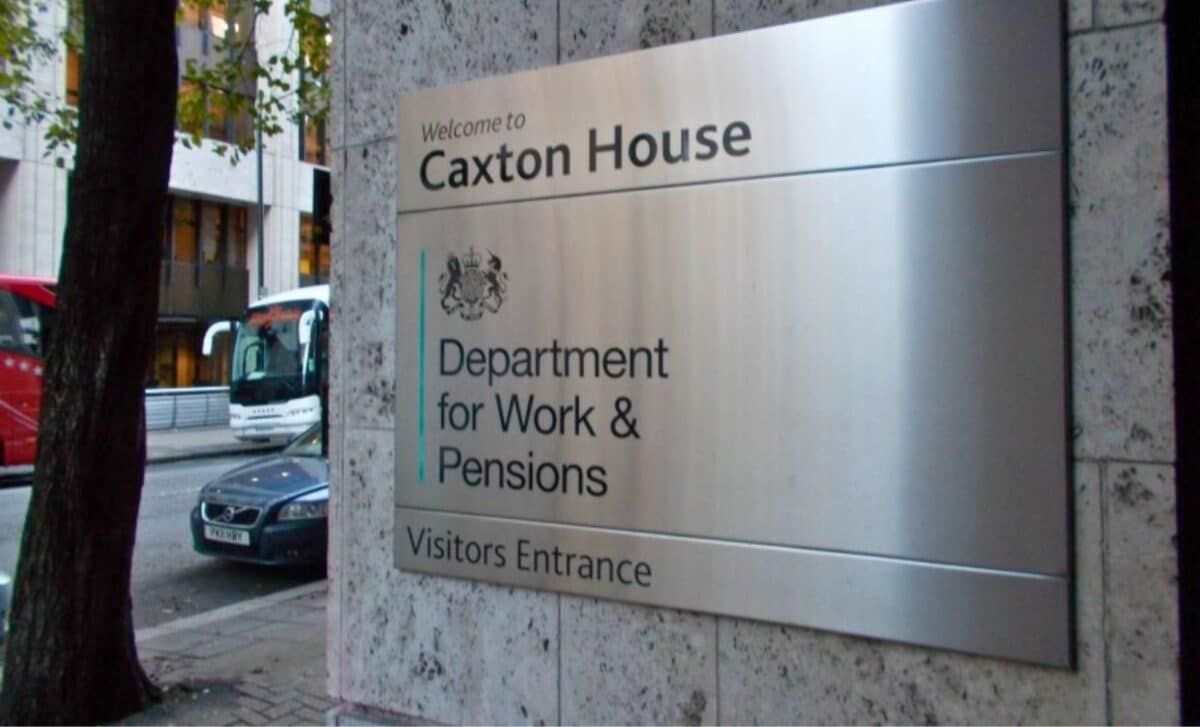The Department for Work and Pensions (DWP) is facing growing calls to overhaul the UK’s state pension system. A recent petition has ignited debate, urging the government to phase out the Basic State Pension in favour of the more generous New State Pension. If implemented, this reform could provide an annual boost of £636 to nearly 9 million retirees currently reliant on the Basic State Pension. However, the proposal raises important questions about fairness, financial sustainability, and the broader implications for the country’s economy.
A Petition Sparking a National Debate
The petition, submitted on the UK Parliament’s official website, has captured the attention of policymakers and the public alike. At its core, the proposal seeks to abolish the Basic State Pension and transition all existing recipients to the New State Pension scheme. Advocates argue that this would address longstanding inequalities within the pension system, as the Basic State Pension often lags behind in terms of payouts compared to its newer counterpart.
Under the current system, retirees on the Basic State Pension receive £169.50 per week, which is set to increase to £176.45 in April 2025 due to the Triple Lock mechanism. By contrast, those on the New State Pension will see their weekly payments rise from £221.20 to £230.25 during the same period. This stark difference highlights the financial challenges faced by millions of pensioners who remain on the older system. By transitioning to the New State Pension, these individuals could benefit from an additional £53.80 per month or £636 per year, providing much-needed relief in the face of rising living costs.
Beyond addressing income disparities, the petition also advocates for future pension increases to be linked to a meaningful percentage of average national earnings. Proponents believe this approach would ensure that retirees are better protected against inflation and economic fluctuations.
Understanding the Basic and New State Pensions
The Basic State Pension
Introduced in 1948, the Basic State Pension was designed to provide a flat-rate income for retirees. To qualify, individuals need to have at least 30 years of National Insurance (NI) contributions or credits. However, the system has become increasingly outdated, with payouts that fail to keep pace with the rising cost of living. While adjustments through the Triple Lock have provided some relief, many pensioners still find themselves struggling to cover basic expenses such as housing, utilities, and food.
The New State Pension
Launched in 2016, the New State Pension was introduced to simplify the UK’s retirement income framework. It offers a higher weekly payout, with individuals needing 35 qualifying years of NI contributions to receive the full amount. The system has been widely praised for its fairness and modern approach, but it has also created a stark divide between those who qualify for the new scheme and those who remain on the older Basic State Pension.
The disparities between the two systems have led to growing frustration among retirees on the Basic State Pension, many of whom feel left behind by a system that no longer meets their needs. This dissatisfaction has fuelled support for the petition and its call for reform.
Financial Implications of the Proposed Reform
While the proposed transition to the New State Pension would undoubtedly provide financial benefits for retirees, it also comes with significant costs for the government. The additional £636 per year for nearly 9 million pensioners would amount to billions of pounds in increased expenditures. In an era of tight public finances, finding the resources to fund such a reform would be a major challenge.
Economists have pointed out that the government would likely need to make difficult trade-offs to accommodate these changes. Potential options could include increasing taxes, reallocating funds from other programmes, or implementing the transition gradually over several years to spread the financial impact. Each of these approaches comes with its own set of challenges and implications, underscoring the complexity of implementing such a reform.









